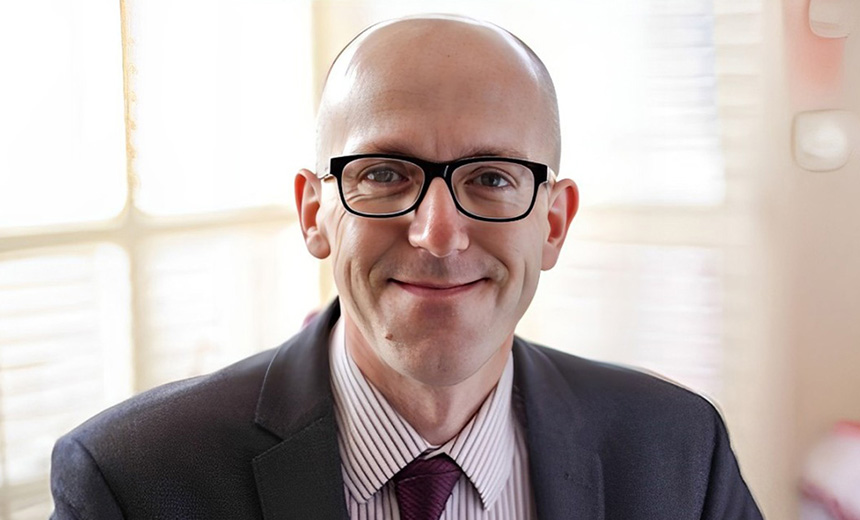Artificial Intelligence & Machine Learning
,
Next-Generation Technologies & Secure Development
,
Video
Craig Civil of BSI on Implementing ISO/IEC 42001 Standard Within the Organization
The launch of ISO/IEC 42001 represents a significant advancement in global AI standards, offering a structured framework for organizations to establish, implement, maintain and continually improve an AI management system. ISO 42001 emphasizes business improvements across all organizational levels rather than focusing on the technical nature, as well as outlines policies and procedures for best practices in AI use.
See Also: Safeguarding Election Integrity in the Digital Age
“We will be adopting the ISO/IEC 42001 standard at the British Standards Institution, as it provides a good template for demonstrating best practices in data collection, data analysis and algorithm development and testing,” said Craig Civil, director of data science and AI, BSI.
BSI has introduced new measures, including a certification to ensure the responsible use of AI. This move follows research indicating that 61% organizations support the creation of global guidelines for AI technology.
BSI plans to use generative AI to improve the application of the ISO/IEC 42001 standard. “Gen AI models trained on public internet data may pose risks or generate inaccurate responses,” Civil said. “To address this, we’ve implemented prompt engineering and content-setting techniques to ensure AI responses are based solely on the questions asked by customers.”
In this video interview with Information Security Media Group, Civil also discussed:
- “Trust in AI” report findings and regional variations in the International AI Maturity Model;
- The need for developing AI policies and guidelines within organizations;
- Applying generative AI to make standards content more searchable and interactive for users.
Civil has 30 years of experience working with data across multiple industry sectors in both the public and private sectors. At BSI, he has been building and innovating the data science and AI capabilities for the past three years.

